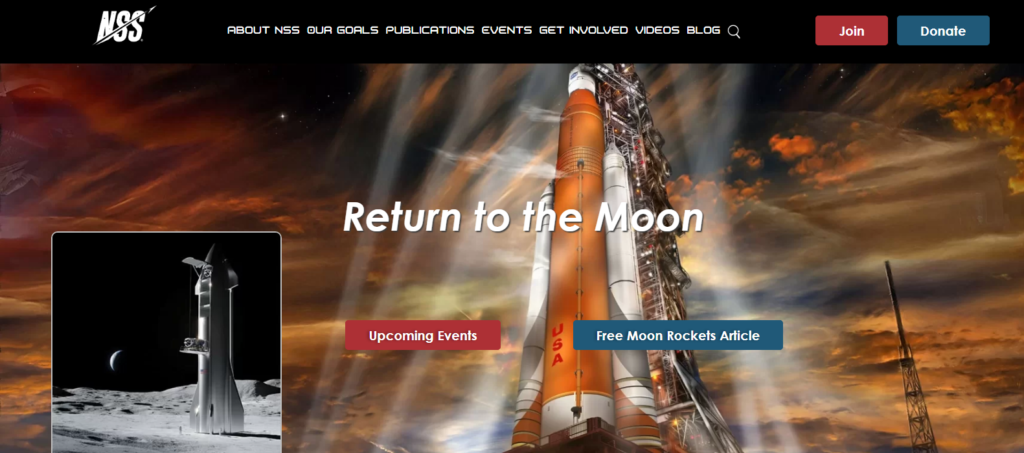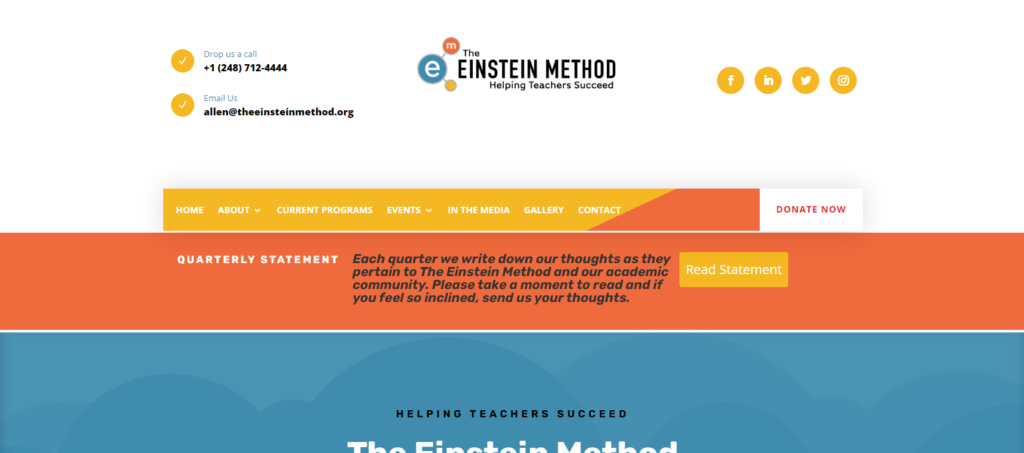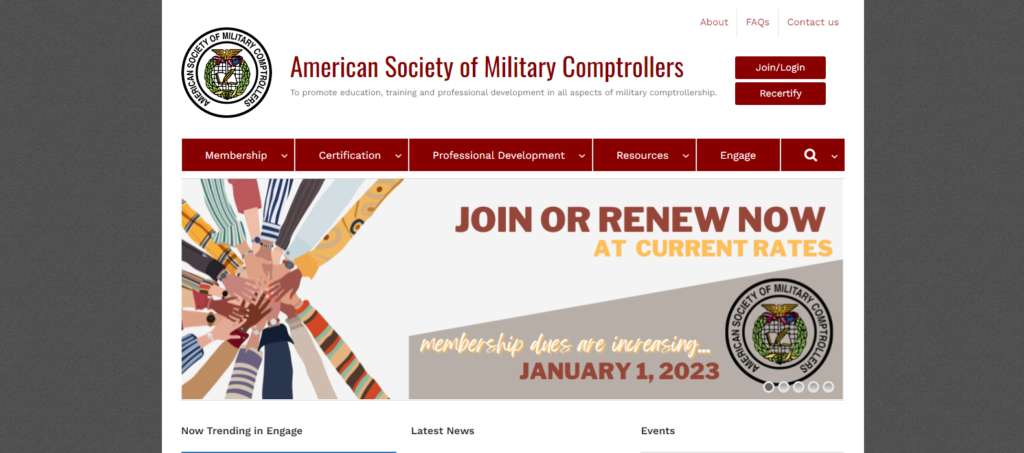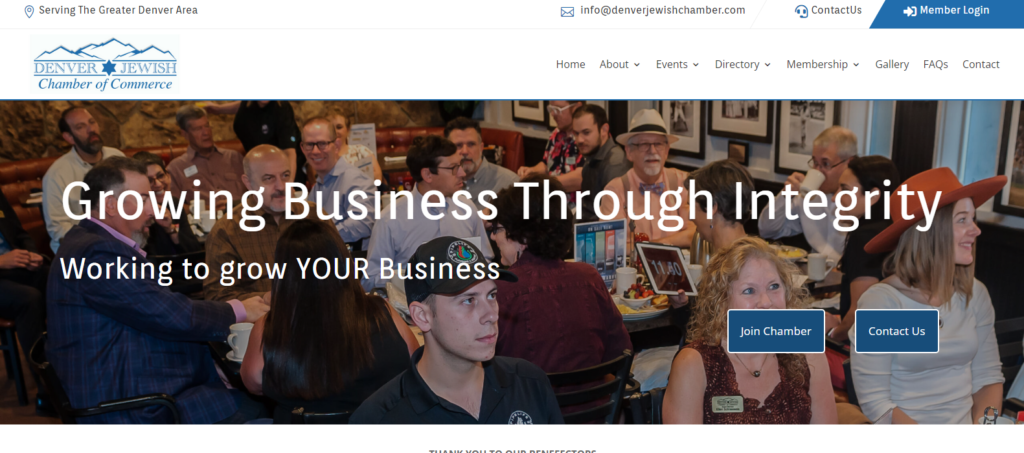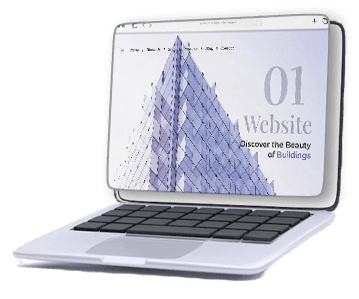Website Terminology Glossary
Pagination
Website pagination is the process of dividing the content of a webpage into multiple pages to improve the user experience and site performance. Pagination is often used for long lists of content, such as blog posts, search results, and product listings, where displaying all the content on a single page would be impractical or overwhelming.
Here are some advantages of website pagination:
Faster page load times
By dividing the content into multiple pages, the amount of data that needs to be loaded at once is reduced, which can improve page load times and site performance.
Improved user experience
Pagination makes it easier for users to navigate and find the content they are looking for. It also makes it easier for users to skim through large amounts of content quickly.
Better SEO
Paginated content can be optimized for search engines by using descriptive titles and meta descriptions for each page. This can improve the visibility of the content in search results and increase traffic to the website.
Increased engagement
By breaking up content into smaller, more manageable chunks, users are more likely to engage with the content and spend more time on the site.
Greater control over content organization
Pagination allows site owners to organize content in a way that makes sense for their specific needs. They can control the number of items per page, the order in which content is displayed, and the overall layout of the pagination interface.
Website pagination can help improve the user experience, site performance, SEO, engagement, and content organization. It is a useful technique for managing long lists of content and can provide a better browsing experience for users.
Need Help With Pagination ?






